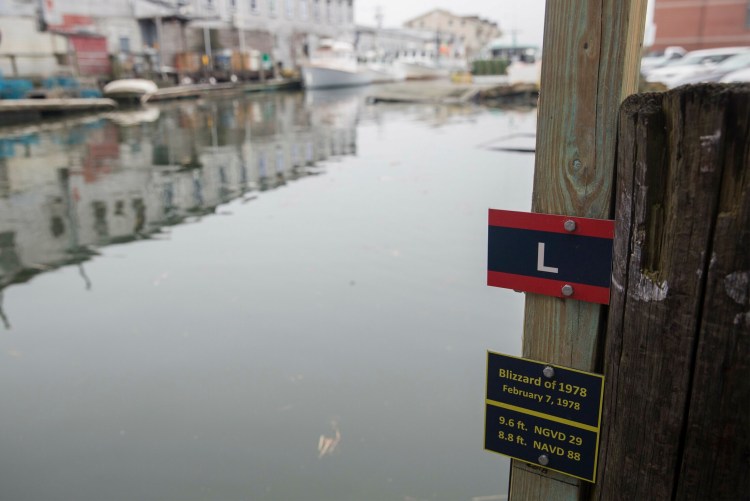If you listened to some of the debate last week, you might have gotten the impression that Maine is in danger of doing too much about climate change.
Opponents of a bill that would create a 30-member advisory group to recommend regulatory changes aimed at shrinking Maine’s carbon footprint say the measure would allow the executive branch to do things that ought to be done by the Legislature.
But they needn’t worry. There is more than enough work for both branches of government, especially after an eight-year period where Maine acted as if nothing was happening to the climate. That changed in 2018, when voters sent Democrat Janet Mills to the Blaine House and delivered big Democratic majorities to the House and Senate. One-party control gives the Democrats the ability to get things done on climate change. The challenge will be doing the right things, and that’s why Mills’ proposal for a council of experts makes a lot of sense.
In her testimony in favor of the council, Mills summarized the problem well. As the planet heats up as a result of humans burning fossil fuels, she said, Maine can expect “more ticks, less cod, fewer herring and scallops, lobsters moving north, sap houses facing shorter seasons. Doctors and nurses warning about growing asthma rates in children. Seniors warned to stay indoors as ozone rates climb.”
These threaten the health and well-being of Maine residents, as well as our leading industries. But a smart response can also create opportunities for Maine residents.
Maine currently spends $5 billion a year on oil and gas we use to generate electricity, fuel our vehicles and heat our homes. Switching to renewable energy generated here would not only reduce the amount of carbon released into the atmosphere, but also would create jobs and generate property tax revenue. Changing over will require new infrastructure, such as charging stations for electric vehicles or helping replace inefficient home-heating systems with high-efficiency electric heat pumps.
The kinds of policies that will need be implemented to meet Mills’ goal of 100 percent renewable energy by 2050 will not be developed with new laws or regulatory changes on their own. It will require both branches working together along with a private sector making significant investments.
And since Maine can’t reverse global warming on its own, it will need the same kind of effort to become more resilient in the face of sea-level rise and other effects of global warming.
Mainers are right to be concerned about climate change, but one thing they don’t need to worry about is doing too much. Creation of the Maine Climate Council is an overdue response to a problem that demands swift and smart action.
Send questions/comments to the editors.



Comments are no longer available on this story